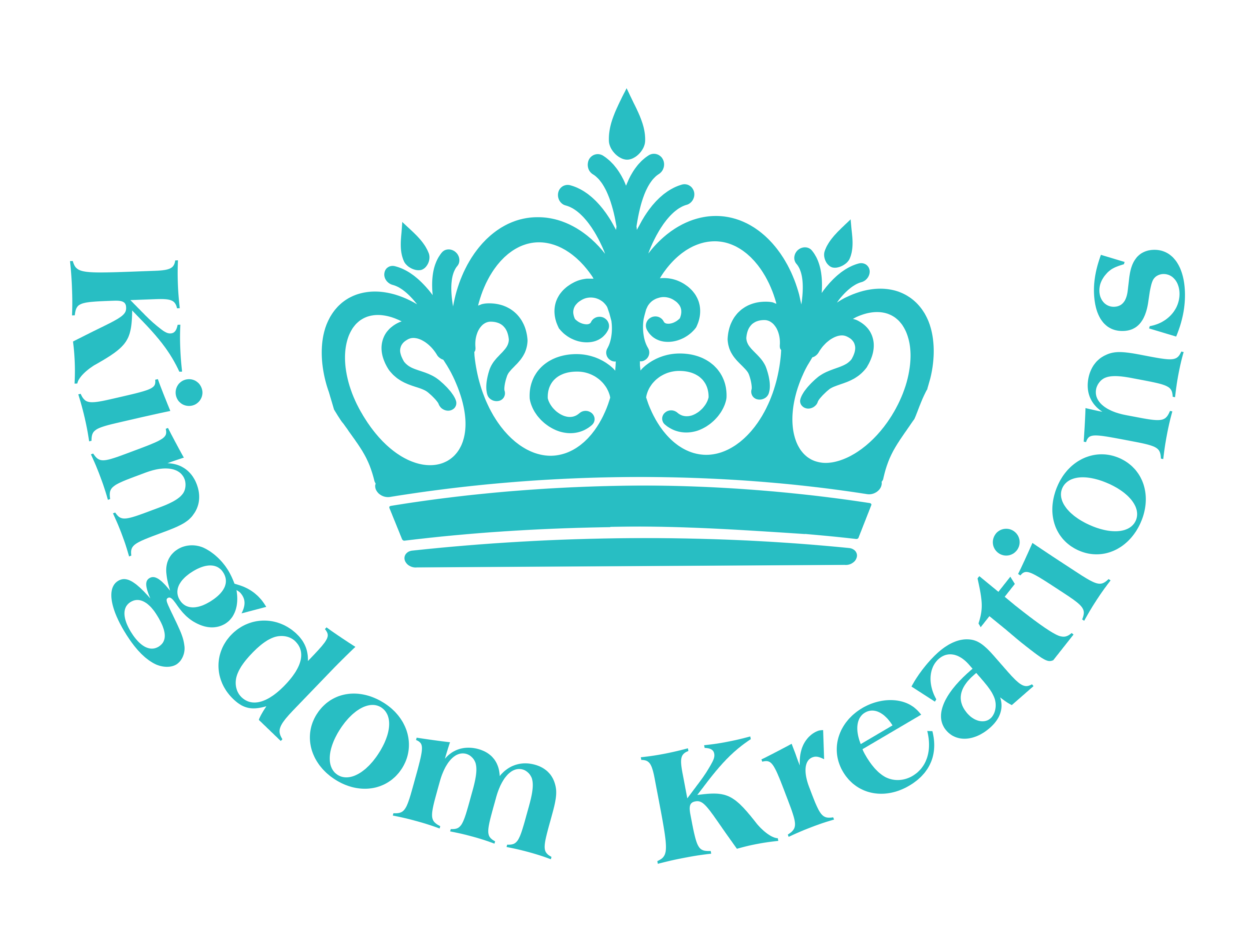
Handmade perfumes
Handmade perfumes, also known as artisanal or niche perfumes, are fragrances crafted with a high level of creativity, attention to detail, and often using high-quality natural ingredients. These perfumes are usually produced by smaller, independent perfume houses or individual artisans rather than large commercial fragrance companies.
Kingdom Kreations Handmade perfumes include:
Unique and Original: Handmade perfumes are often created in small batches, making each scent unique and distinct. Artisans have more creative freedom to experiment with different combinations of notes, resulting in original and unconventional fragrances.
High-Quality Ingredients: Artisan perfumers often use a higher percentage of natural ingredients, such as essential oils and absolutes, compared to synthetic fragrances commonly found in mass-produced perfumes. This emphasis on natural elements can result in more complex and nuanced scents.
Personal Touch: Many artisan perfumers are deeply involved in the entire fragrance-making process, from conceptualization to bottling. This personal touch and passion for their craft can be reflected in the final product.
Limited Availability: Handmade perfumes are typically produced in smaller quantities, leading to limited availability. Some artisanal perfumers may create custom or bespoke fragrances tailored to individual preferences.
Artistic Expression: Handmade perfumery is often considered an art form, where perfumers express their creativity and emotions through scent compositions. It’s a departure from the more commercial and market-driven approach of mainstream perfumery.
Conscious Consumerism: Many consumers who seek handmade perfumes appreciate the focus on quality ingredients, ethical sourcing, and sustainable practices often associated with smaller perfume houses.
Because of their unique characteristics, handmade perfumes can cater to individuals looking for an exclusive and personal olfactory experience. However, due to limited production and higher-quality ingredients, they may also be more expensive compared to mass-produced perfumes. As with any fragrance purchase, personal preferences play a significant role in selecting the perfect scent, and handmade perfumes offer a wide array of options for fragrance enthusiasts to explore.

